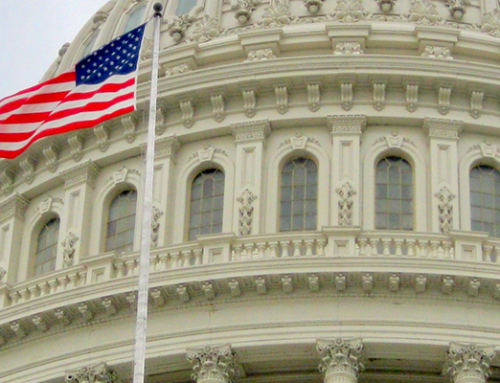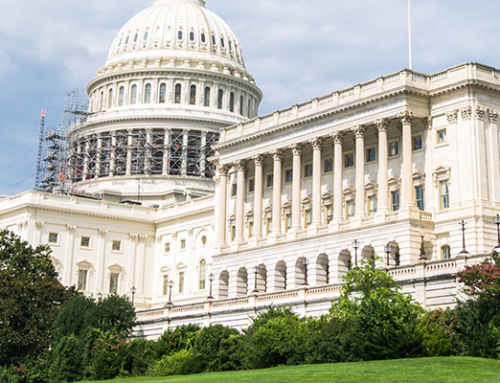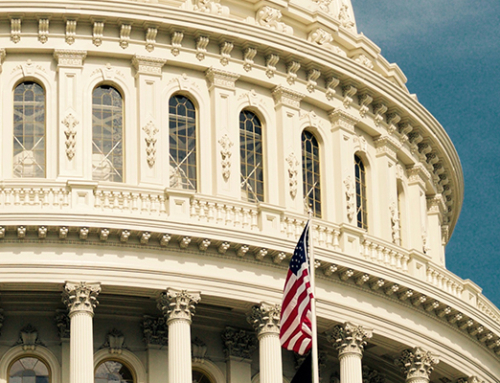On Friday, November 5, 2021 the Occupational Safety and Health Administration (OSHA) issued an emergency temporary standard (ETS) to protect unvaccinated employees of large employers (100 or more employees) from the risk of contracting COVID–19 by strongly encouraging vaccination. Covered employers must develop, implement, and enforce a mandatory COVID–19 vaccination policy, with an exception for employers that instead adopt a policy requiring employees to either get vaccinated or elect to undergo regular COVID–19 testing and wear a face covering at work in lieu of vaccination. See 2021-23643.pdf (govinfo.gov)
DATES: The rule is effective November 5, 2021. The incorporation by reference of certain publications listed in the rule is approved by the Director of the Federal Register as of November 5, 2021.
Comments: Written comments, including comments on any aspect of this ETS and whether this ETS should become a final rule, must be submitted by December 6, 2021 in Docket No. OSHA–2021–0007. Comments on the information collection determination described in Additional Requirements (Section V.K. of this preamble) (OMB review under the Paperwork Reduction Act of 1995) may be submitted by January 4, 2022 in Docket No. OSHA– 2021–0008.
The ETS notes in relation to workers’ compensation
if an employee covered by this ETS believes they were exposed to COVID–19 in the workplace and then tested positive, that employee may be entitled to workers’ compensation benefits. Workers’ compensation is a system already in place to provide benefits to employees who get sick or injured on the job from occupational disease or a work-related injury. Some states have expressly clarified or expanded their workers compensation rules to allow for COVID–19 claims during the pandemic (see, e.g., Industrial Commission of Arizona, May 15, 2020; Connecticut Executive Order No. 7JJJ, July 24, 2020; Minn. Stat. Ann. § 176.011 Subd. (15)(f), 2020)).
Connecticut Executive Order No. 7JJJ. (2020, July 24). Executive Order No. 7JJJ Protection of public health and safety during COVID–19 pandemic and response—rebuttable presumption regarding workers compensation benefits related to contraction of COVID–19. (Connecticut Executive Order No. 7JJJ, July 24, 2020).
UWC Comment: The language in the proposed federal regulations and in Connecticut presumes that there is a continuing pandemic and raises the question as to when the pandemic ends for purposes of federal regulations and for purposes of executive orders and state law. The number of cases of COVID-19, the treatments available, and the availability of the vaccine would suggest that the period of the Pandemic may have ended and that COVID-19 and variants should be treated as other infectious diseases for purposes of workers’ compensation.






